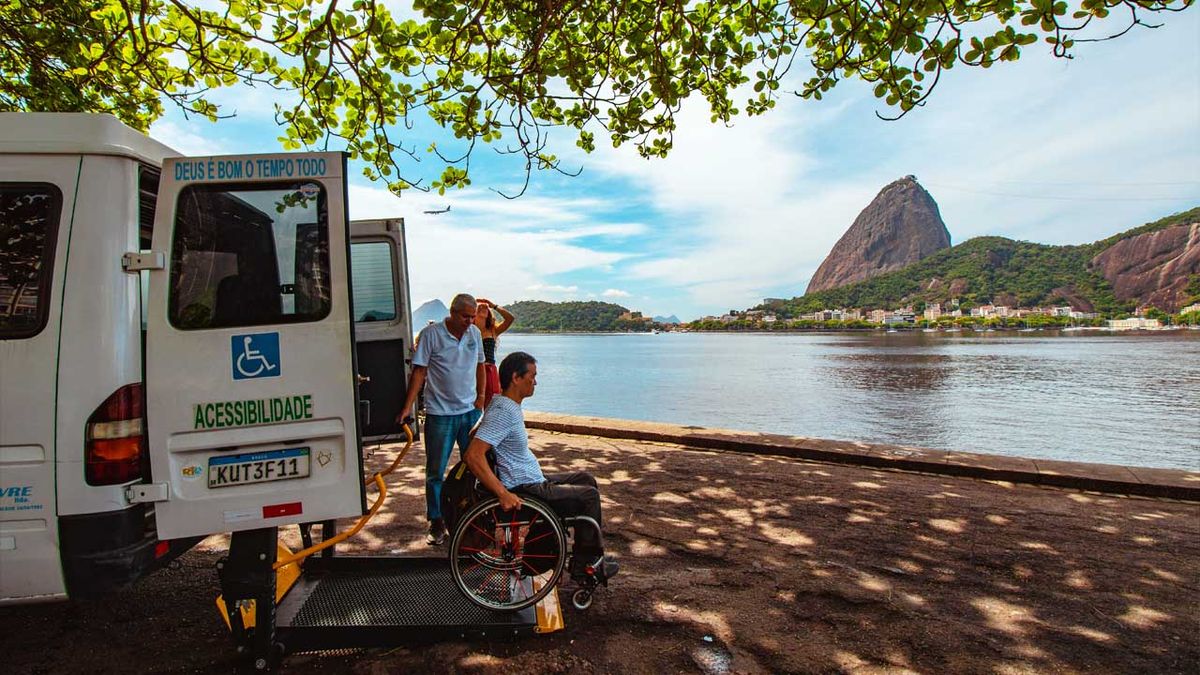Travelers with mobility disabilities spend $58.2 billion annually on travel, but face significant challenges when it comes to finding accessible accommodations and transportation, according to a new study from MMGY Global.
According to Portrait of the Traveler with a Disability: Mobility and Accessibility – a survey of 2,700 Americans with disabilities and their caregivers and companions – 96% of travelers with disabilities experience accommodation issues while traveling, 86% experience issues at the airport, and 79% experience transportation issues within their market.
What challenges do travelers with disabilities face?
Travelers with mobility issues travel nearly as much as those without issues, taking about 3.4 trips in the past 12 months and spending an average of $3,546 on leisure travel during that time period.
Related: Wheel the World offers easy, adventurous travel
But travelers with disabilities face a host of challenges, starting at the airport: 4 in 10 have had their mobility aid lost or damaged by an airline, and 6 in 10 have experienced long waits for their mobility aid at the airport before or after their flight.
Hotels also present hurdles: Over half (54%) of travelers were offered a different room than the one they booked, the majority (81%) of travelers with mobility issues were bothered by not being able to access a shower or bathtub, and over half (52%) were bothered by a bed that was too high for them.
How to make travel more accessible for people in wheelchairs and with mobility impairments
But travellers with mobility impairments should be able to enjoy the same kind of travel experience that travellers without mobility issues take for granted.
Identifying these issues is important to ensure travel is accessible to all.
When asked how destinations can become more attractive to travelers with mobility impairments, the majority of travelers cited the need to provide more accessibility information prior to a visit (84%) and the importance of expanding and improving maintenance of area infrastructure such as walkways, ramps and mobile lifts (83%).
Travelers with mobility issues also say destinations should advertise accessible accommodation options (81%), and suppliers should provide multiple, accurate photos of the room they’ll be booking and offer virtual tours of the destination to ensure there aren’t any obstacles that would make it difficult or impossible to navigate with mobility devices.
MMGY Global will donate all proceeds from the report to the United Spinal Association, a nonprofit organization dedicated to helping people with spinal cord injuries and disorders, including military veterans.
“As a wheelchair user, I know firsthand the barriers our community must overcome when traveling, from damaged mobility equipment at airports to unexpected accessibility issues at hotels and other venues,” said Vincenzo Piscopo, president and CEO of United Spinal. “Identifying these issues is critical to making travel accessible to all.”

